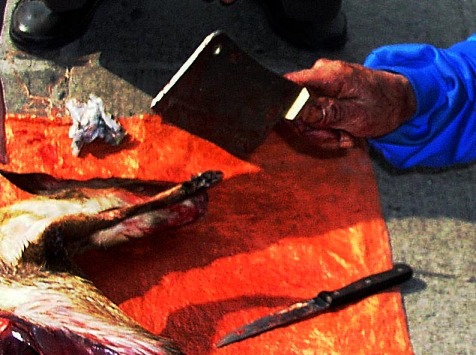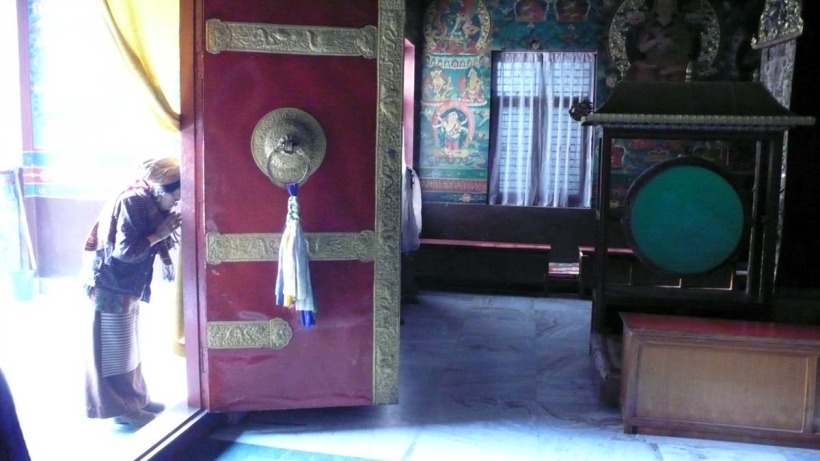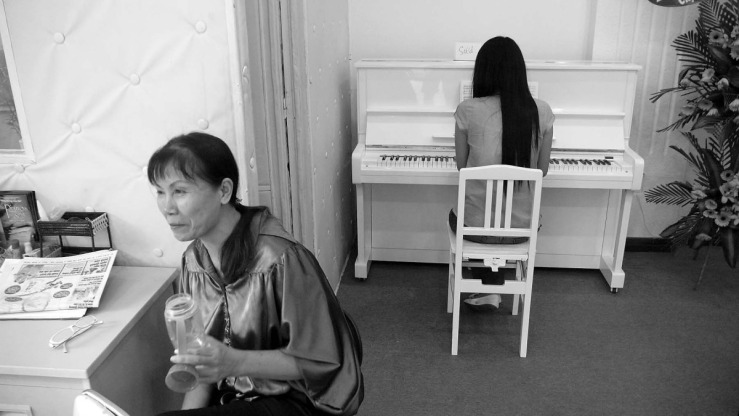Ice Girl
"We are like the spider. We weave our life and then move along in it. We are like the dreamer who dreams and then lives in the dream. This is true for the entire universe." - Upanishad
This is a work of literary journalism.
It’s fucking hysterical.
Now and then mean the same in Ratanakiri, Cambodia animist jungle languages.
Leo is incognito and invisible perusing the Wild West. It is replete with wandering literary outlaws, animists, shamans and 25,000 natives. Rambunctious young Banlung cowboys and cowgirls dance 125cc machines through spiraling red dust.
How long have you been here, asked a 12-year old girl cutting and selling ice along a red road.
All day. I started in China. I walked to Vietnam. Then Laos. I’ll stay here awhile. We can talk.
Ok, she said, cutting crystals. Is a day long enough to process a sensation, form an impression? Is it long enough to gather critical mass data about the diversity of the human condition in this total phenomena?
Yes, said Leo, If you slow down. How is life here?
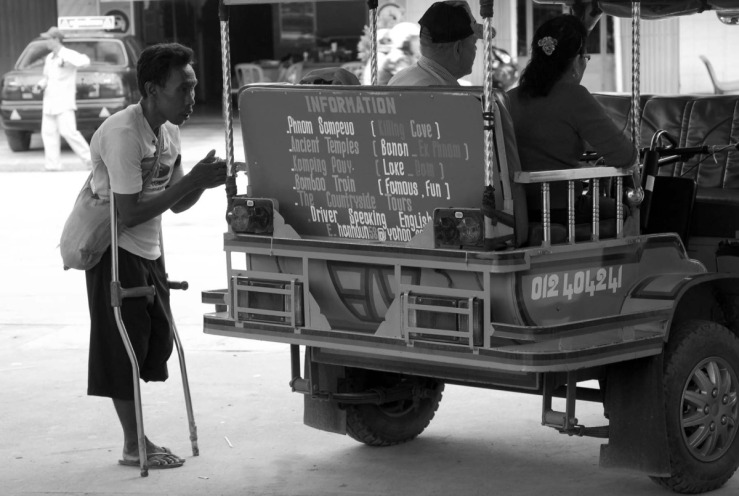
I work, I breed, I get slaughtered, she said. This is my fate. My fate is a machete slashing through jungles. Fate and random chance are two sides of the same coin. Yeah, yeah are two of my favorite lazy words. Especially when I am talking with illiterate zombies ...
They are same word but I spit them out twice at light speed. You accent the last consonant, drawing it out like a sigh, a final breath, a whisper. Y-e-a-hhhhh. It’s crazy English believe you me. Impressive, eh? I can also say OK twice fast with a rising sound on the k sounding like a which means I understand without admitting meaning or personal truth-value. It’s vague. Why be precise? People love conversations using abstract metaphors. Ok?
Ok. Address the very low literacy rate, said Leo. Hello, literacy rate, how are you? she said.
I am well thank you and speaking with improved elocution. My English is getting better. The more I see the less I know. I open my head, heart and mouth.
Someone said literacy means reading and writing, said Ice Girl.
I doubt it, said Literacy. Who needs reading and writing? Humans need food, sex, air, water, stories and red dust. Hope is in last place. In fact, hope may be the greatest evil because it’s a myth, like evil.
Let’s not have this conversation in the abstract, said Ice Girl, sawing cold.
I thought you said eating and fighting, said Literacy. You must be fucking crazy. My survival depends on eating and fighting. Reading and writing is for idiots. Millions never learn how to read or write, let alone scribble stories. No chance. No money. No tools. Education is a waste of time.
I see, said Ice Girl. When I write my stories filled with immediate sense impressions and precise details they lose their magic. They are like ice. Ice loses its essence. It reverts to a primal form. Existence precedes essence. It’s lost between heart-mind-hand-tool-paper. Spoken stories lose their edge ...
Too many people talk out their stories. Magic is lost in the telling. Lost tales float around looking for ears. Talking kills magic and mystery. Ghost stories. World tribes memorize chants, rhythms, songs, tales and star trails with a side order of red dust. You never hear a kid say, Let’s take the day off and be creative.
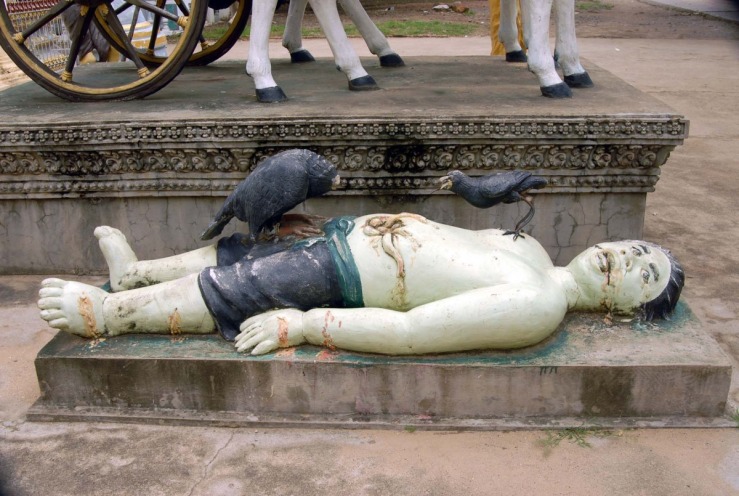






 Share Article
Share Article 